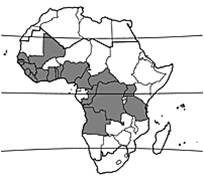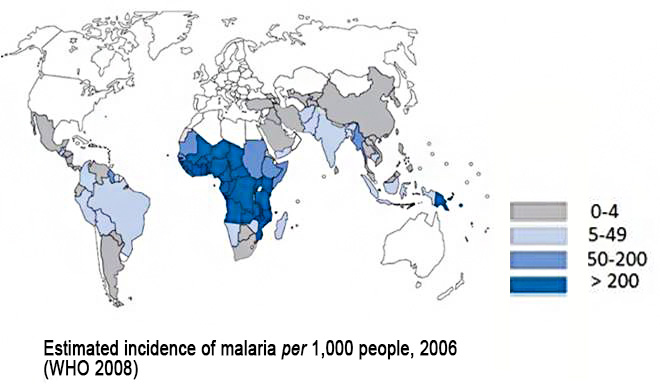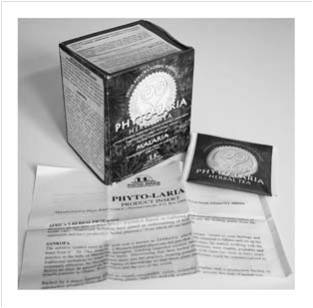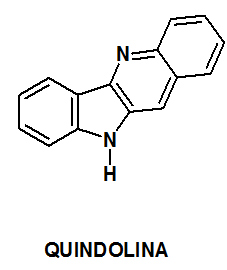The Cryptolepis sanguinolenta

It is a plant of Asclepiadaceae family, Periplocoideae subfamily, Cryptolepis genus. With 20 different species, Cryptolepis sanguinolenta has as primordial region of occurrence intertropical Africa, preferably countries facing the Atlantic following by Central Africa to Angola.
Many international publications describe the variety of biological activities of the Cryptolepis sanguinolenta such as: hypoglycemic, antifungal ,antibacterial, alpha-adrenergic blocking, antimuscarinic, antitumoural and antimalarial.
The Malaria
Malaria is a tropical and parasitic disease which is the etiologic agent of Plasmodium sp. Compared to other parasitic illness this disease is described as being the most involved in social and economic issues in the world, affecting more than 90 countries, and over 300 to 500 million people are infected each year resulting in approximately a million deaths. In Brazil, malaria registers around 500,000 cases per year
The main treatment is based on chemical compounds of the quinine class such as: quinine, primaquine, mefloquine and chloroquinine, but in some equatorial regions where the disease is endemic there has been reports of Plasmodium spp. resistant to these chemical structures.

Applications

The Cryptolepis sanguinolenta is a quindolina alkaloid.And an active principle with antimalarial activity.
The PHYTO-LARIA product is a tea made up of various parts of this plant.
By introducing This herbal medicine in Brazil , it is possible to obtain substantial advantages regarding treatment of malaria, while combining with other chemical substances like: artemisinin, sodium artesunate or in association with quinoline derivatives, such as chloroquine and mefloquine.
With the introduction of this plant in Brazil or by importing the PHYTO-LARIA tea,there is a major possibility to promote treatment for the population of endemic areas located in the Amazon region.
Due to the seasonality of Cryptolepis sanguinolenta harvest in Africa, the concentrations of alkali quindolina must be strictly monitored specially during this period of the year in order to avoid frauds regarding herbal consumption in Brazil. The possibility of adulteration related to this product could occur by the addition of plants without antimalarial activity in commercial sachet.
In order to respond to this threat The LASAPE proposes a quality control of the herbal PHYTO-LARIA, produced in Ghana, through the use of gas chromatography techniques coupled to mass spectrometry using a standard quindolina natural alkaloid, synthesized in this laboratory.
See Technological Consultancy for more information.


